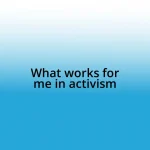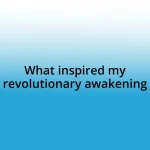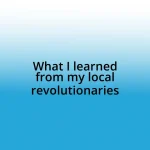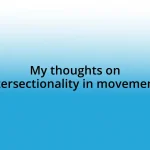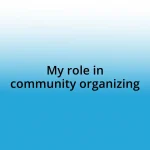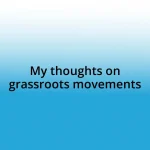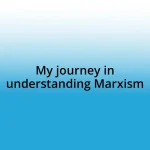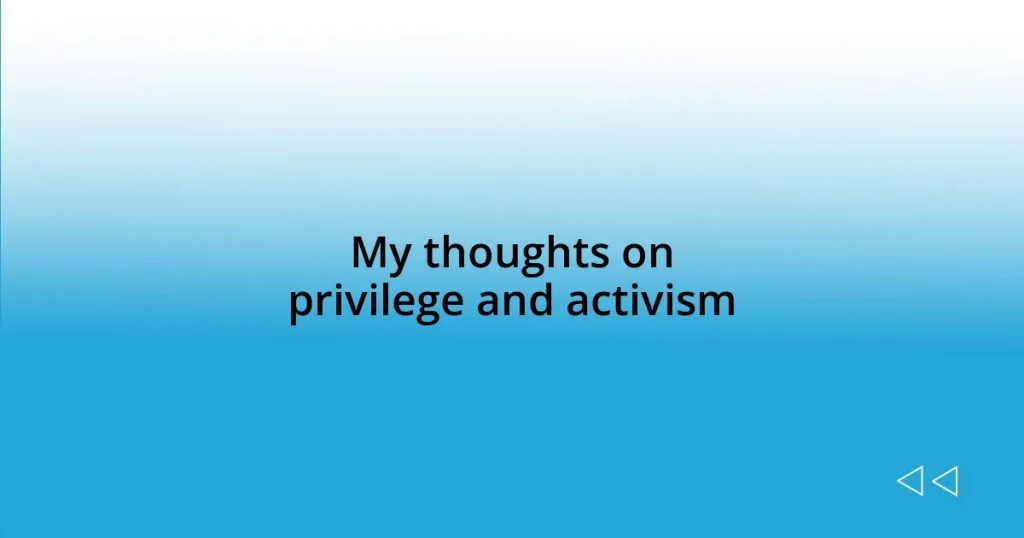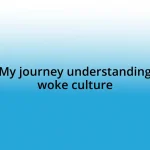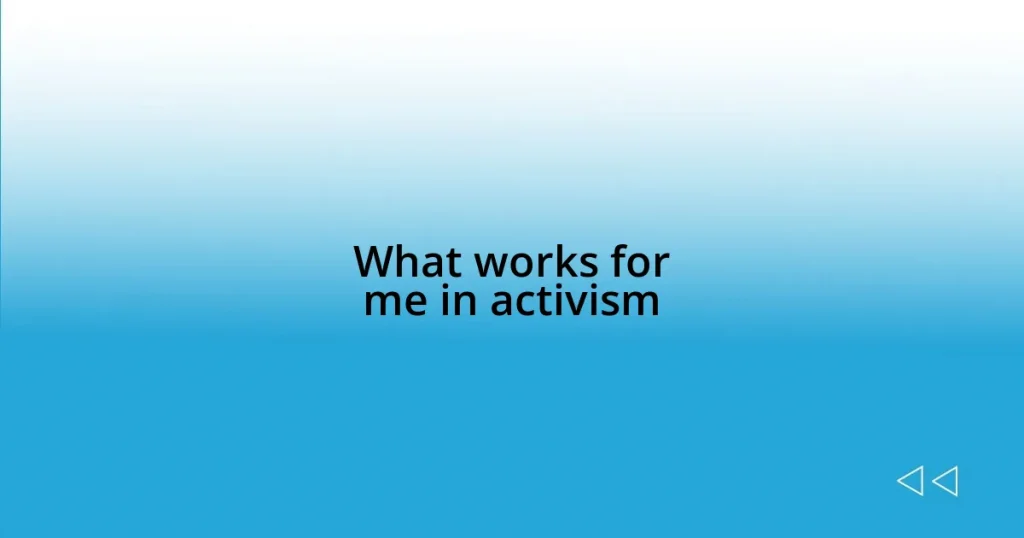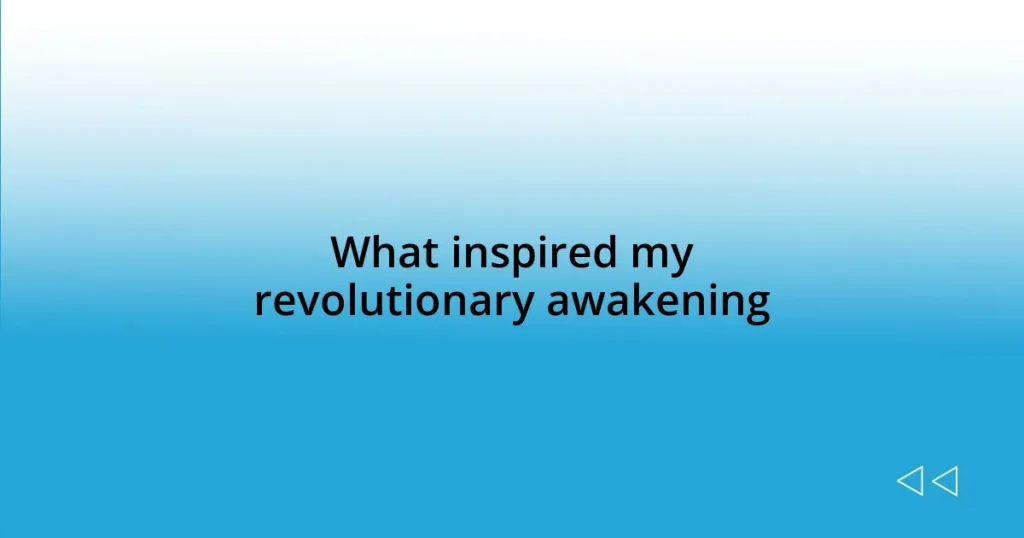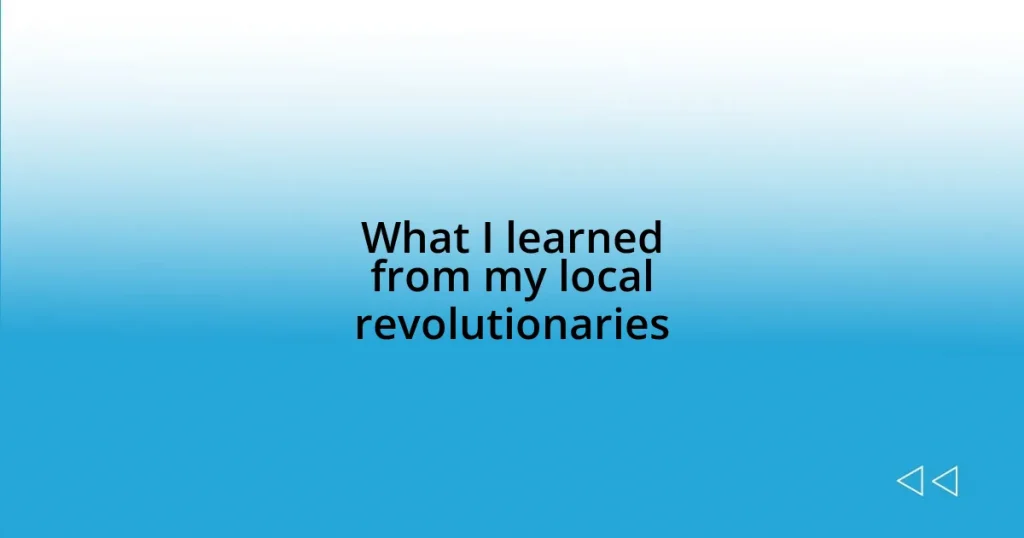Key takeaways:
- Privilege is an unearned advantage influenced by societal structures, and recognizing it can enhance empathy and responsibility in advocacy.
- Effective activism involves using one’s privilege to amplify marginalized voices and create inclusive spaces for dialogue and collaboration.
- Practical actions, such as community engagement and resource sharing, can significantly impact social justice movements and foster collective efforts.
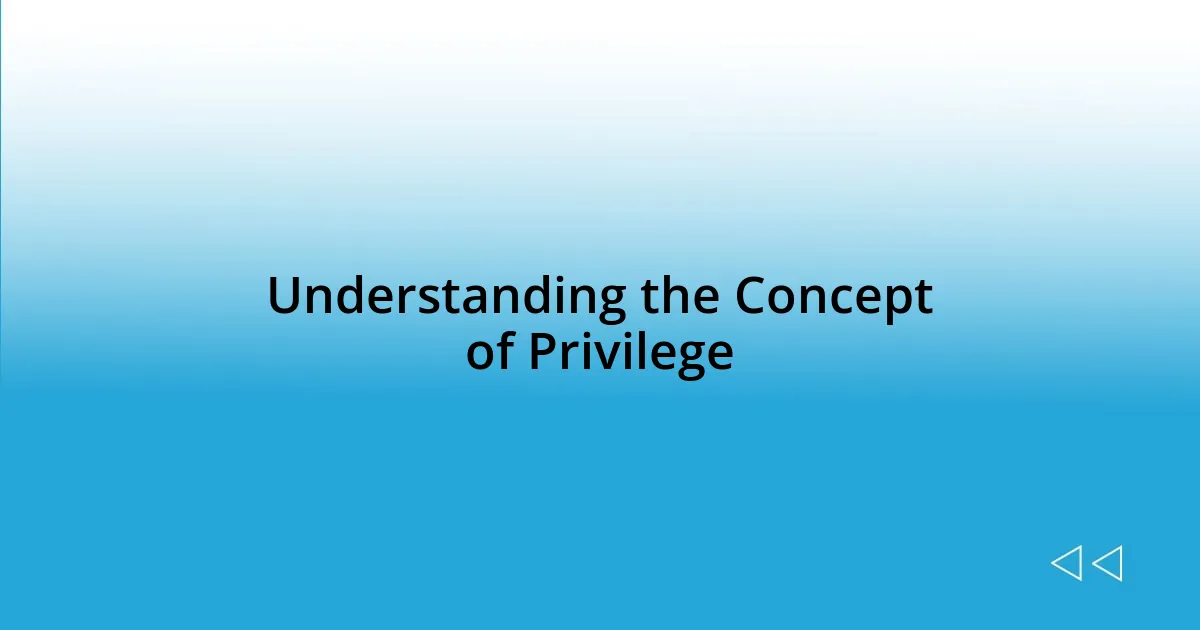
Understanding the Concept of Privilege
Privilege is often an invisible aspect of our lives; it’s something we may not actively recognize unless we take a step back and really reflect. I remember a moment when I was in college, discussing social issues with friends over coffee. It struck me then how easily we brushed aside the different life experiences of others while I shared my own story, simply because I had access to resources and support that many didn’t.
At its core, privilege refers to the unearned advantages some people have over others due to various societal structures, like race, gender, or socioeconomic status. I once attended a workshop where an eye-opening statistic revealed that people from certain backgrounds have more access to education and job opportunities. It was humbling; I realized that my path, though unique, was paved with privileges that were not universal.
Have you ever thought about the small concessions life offers you that aren’t available to everyone? Reflecting on my upbringing, I recognized that the sense of safety and encouragement I received as a child shaped my confidence. That realization gave me a deeper appreciation for the complexities of privilege, prompting me to consider how I could leverage my experiences to advocate for those who might not have the same advantages.
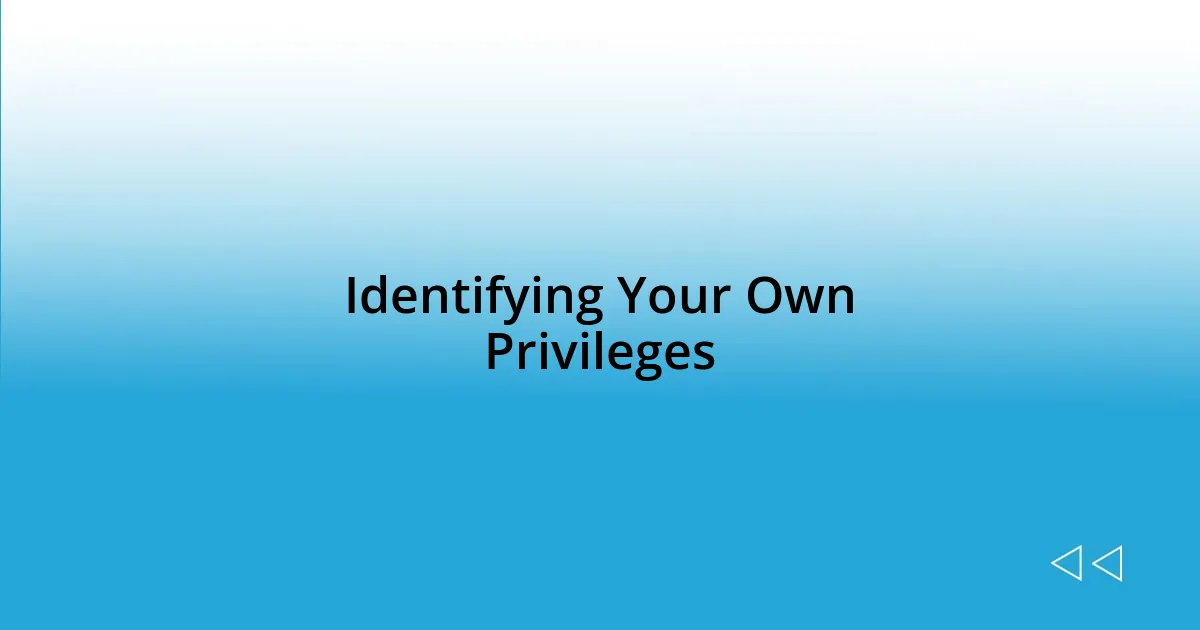
Identifying Your Own Privileges
Identifying your own privileges requires a level of introspection that can be uncomfortable yet transformative. I recall sitting in a self-reflection workshop, and as I listened to others share their stories, I was struck by how my background often shielded me from the harsher realities faced by many. It hit me hard when I considered that opportunities I took for granted were someone else’s dream.
To truly understand privilege, I suggest making a list of factors about yourself—your race, gender identity, educational background, and economic status, for instance. When I did this, I felt an overwhelming mix of gratitude and accountability. I realized how much my stable family environment had influenced my chances in life, a privilege that others might not have experienced.
As I began to recognize my privileges, I found that it encouraged a deeper empathy within me. It was an eye-opening moment when I realized my voice carried weight because of who I am, which made me reflect on my responsibility in activism. Have you ever had a moment where you felt the weight of your own advantages? It can be an enlightening experience that pushes you to advocate for equity more passionately.
| Aspect of Privilege | Personal Reflection |
|---|---|
| Race | Growing up in a predominantly white community, I realized I often went unnoticed in situations where others faced prejudice. |
| Gender | As a woman, I’ve had to navigate different expectations and assumptions, but my financial background allowed me to pursue education freely. |
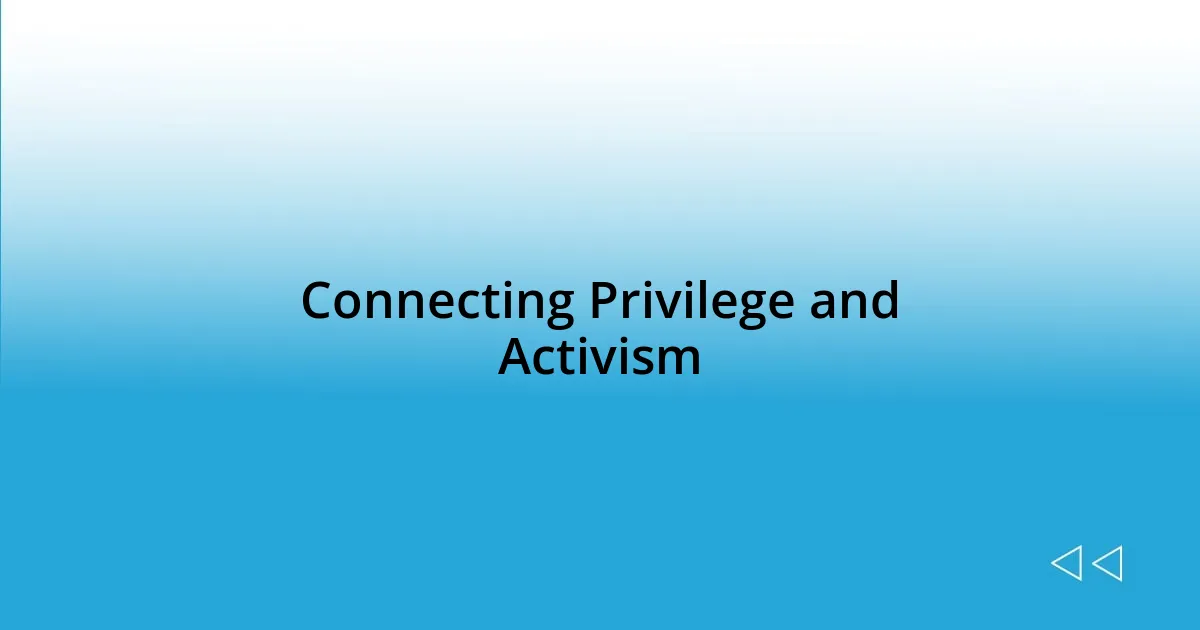
Connecting Privilege and Activism
Connecting privilege and activism is essential to understanding how we can effectively use our advantages to create change. When I started volunteering for social justice causes, it became apparent that my experiences often shielded me from the struggles of underrepresented groups. I recall a time during a local community meeting where a passionate activist shared her story of hardship. It struck me that my empowerment came from a foundation of privilege, enabling me to advocate without the same fears or barriers that she faced.
- Recognizing the intersection of privilege and activism can illuminate pathways toward meaningful allyship.
- Using my voice as a tool for change doesn’t diminish the struggles of others; it amplifies them.
- I’ve learned that real activism is about lifting others up, sharing resources, and being receptive to their needs.
- Every discussion around privilege should lead to actions that dismantle the systems of inequality that cause harm.
- The more I connect my experiences to the experiences of marginalized communities, the better positioned I am to advocate effectively.
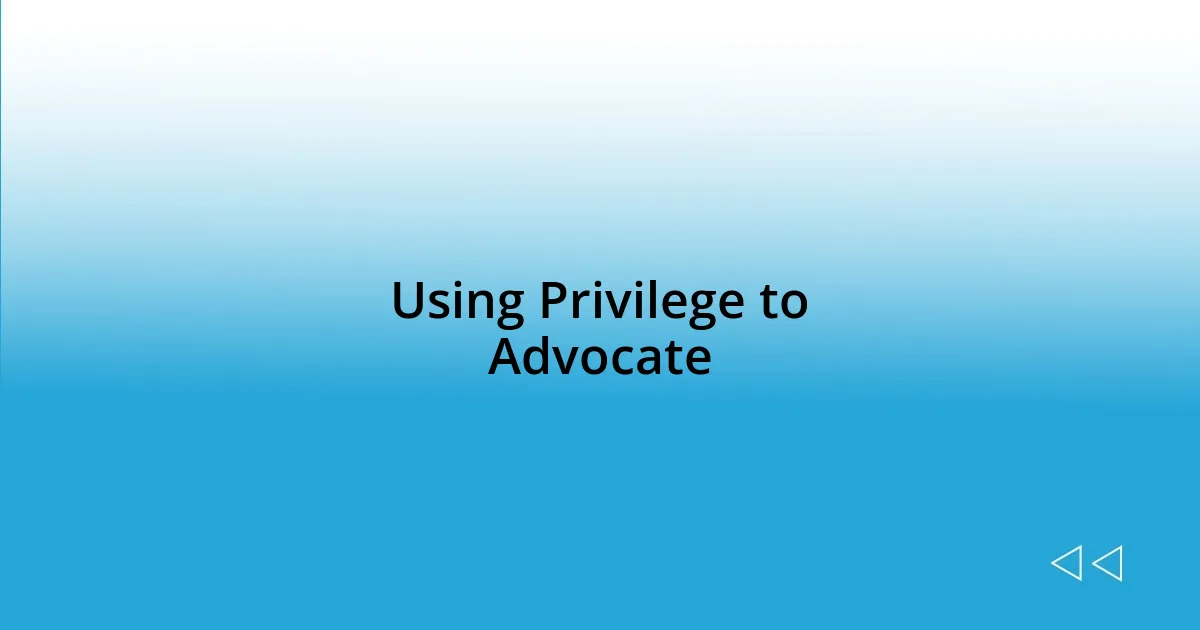
Using Privilege to Advocate
Using privilege to advocate is all about recognizing the platform it provides. I remember attending a rally where I had the opportunity to speak about issues that often went unheard. It struck me that, because of my background, people listened differently to me than they might to someone from a marginalized community. This realization fueled my commitment to ensure that those voices are amplified rather than overshadowed.
It’s essential to think about what it means to be an advocate with privilege. When I offered my resources to help organize another event, I didn’t just contribute funds; I used my connections to reach out to speakers who could share experiences that truly resonate with the community. This collaborative effort wasn’t just about my involvement; it was about creating a space where others could shine and share their truths.
Have you ever thought about how simple acts, like sharing your social media platform, can have a ripple effect? I often reflect on how my privilege allows me to access spaces where marginalized voices struggle. This drives me to engage more intentionally, whether it’s through social media, community events, or even casual conversations. Our actions, no matter how small, can lead to significant changes when driven by genuine intention and empathy.
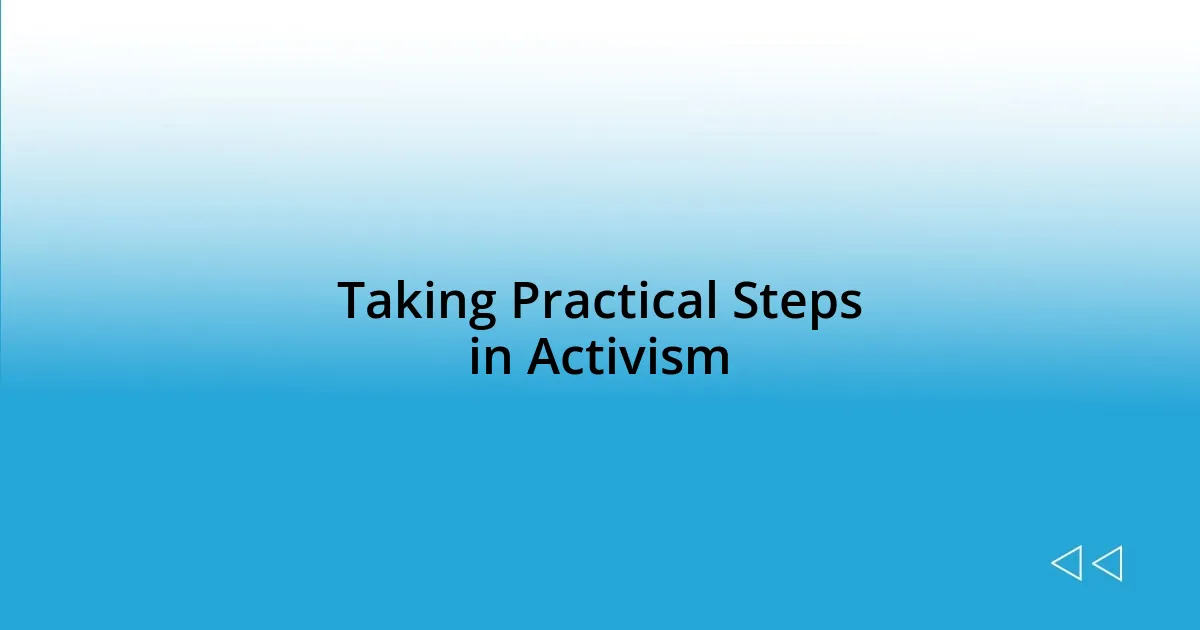
Taking Practical Steps in Activism
Activism doesn’t have to feel overwhelming; I’ve discovered that taking practical steps can make a world of difference. For instance, I once organized a book drive that focused on diverse authors. It was enlightening to see how a simple gesture not only provided resources to local schools but also sparked conversations about representation in literature. Have you ever experienced the uplifting energy of coming together for a shared cause? It’s moments like these that show how small actions contribute to larger movements.
When I think about engagement, I often turn to community forums as practical spaces for activism. In my experience, attending and participating in these gatherings has deepened my understanding of local issues. During a recent forum, I found myself listening to a young activist passionately discuss environmental justice. It allowed me to reflect on how I can use my privilege to inform and engage others in these critical topics. Sharing knowledge and resources becomes a powerful tool in our collective toolbox.
Another impactful step involves collaboration with organizations already doing great work. I remember volunteering with a local nonprofit focused on homelessness. Not only did I provide my time, but I also helped them amplify their message through my personal networks. This experience taught me that it’s not just about what I can do but about forging alliances that empower and elevate the voices of those directly affected. Isn’t it inspiring to think how our unique skills and connections can create more significant impact together?
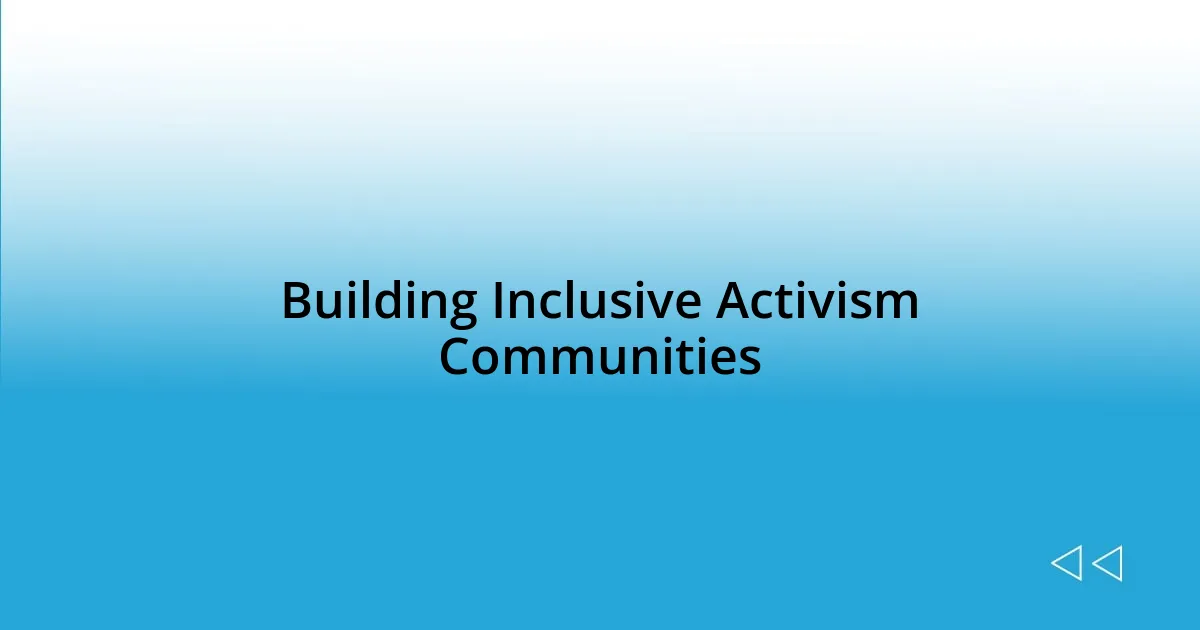
Building Inclusive Activism Communities
Building inclusive activism communities starts with creating an environment where everyone feels valued. I recall joining a local group focused on racial justice, and the first thing that struck me was their commitment to listening. They had regular ‘circle’ meetings where everyone, regardless of their experience, could share their thoughts. This approach not only fostered trust but also ensured diverse perspectives were included, proving that real change often begins with open dialogue.
It’s important to approach activism like a potluck dinner, where everyone brings a unique dish to share. I participated in an event that encouraged people to present their personal experiences related to social justice. Each story added richness to the conversation, highlighting diverse challenges and potential solutions. The magic of this gathering was that it showcased how inclusive activism invites everyone to contribute—not just those with established platforms or resources. Have you ever felt the power of a shared experience? It’s those moments that bind communities together and inspire collective action.
In my journey, I’ve learned that inclusivity also means actively seeking out marginalized voices. I remember a time when I reached out to a neighborhood group to collaborate on an awareness campaign. The initial hesitance from some members reminded me of the importance of building relationships based on respect and understanding. It pushed me to engage more deeply, recognizing that inclusivity is an ongoing process rather than a checkbox. How can we, as advocates, create space for these voices? By consistently prioritizing their stories, we ensure that our activism reflects the true fabric of our community.

